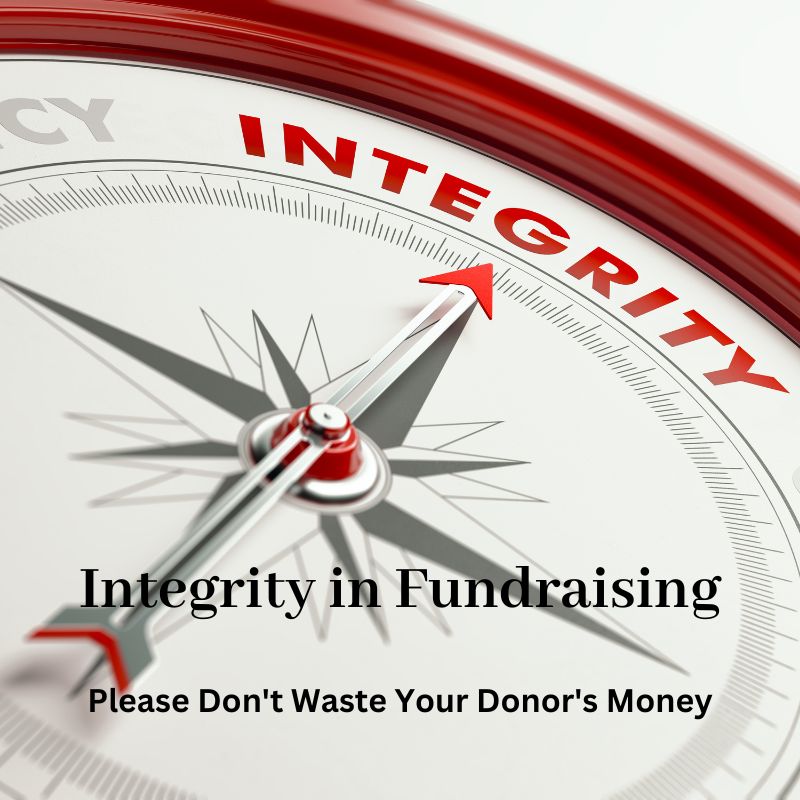
Please Don’t Waste Your Donor’s Money
If your program is not producing the desired results, you are wasting your donor’s money. Your donors expect their donations to have an impact that alleviates suffering, creates change, and makes a difference in their community.
Public relations can muddle the public perception of your nonprofit’s effectiveness, but deep down, you know whether your organization is fulfilling its mission. If you are not fulfilling your purpose, you are breaking your promises to the community and the men and women you serve.
However, I know that you never desired to waste your time with ineffective, low-impact programming that has little or no lasting influence on your community or the lives of the men and women who have turned to you for help.
Program Audit of a Mid-Sized Christian Nonprofit
I did a financial and program audit of a mid-sized nonprofit some years ago. Their primary program targeted men and women that had wrecked their lives because of addiction. Most nights, their facility was full. Because of all the bustle surrounding their program and the warm bodies in the beds, they believed their program was a success.
Their financial statements were very confusing. It was difficult to determine the program’s exact cost since the financial categories on their report were broad and general.
If you were to visit their organization, you would be impressed by all the activity and good works. The testimonies in their newsletter and fundraising letters inspired the general public to donate vast sums of money. Most of the testimonies were about men and women who were currently in the program. There were not many stories about graduates. This ministry was not a new startup.
Here’s what my analysis revealed:
- The direct program expenses were about $750,000 a year, not including administration and fundraising support.
- They averaged thirty to forty men and women at a time in their program.
- During the year, about one hundred men and women attempted to complete the program.
- They graduated 2-3 people each year.
- They didn’t have a follow-up system to track the success or failure of their graduates.
Activity is Not the Same as Effectiveness
Sadly, these facts had little impact on the board or staff of this organization. They deluded themselves into thinking that activity was the same thing as success. How sad for the men and women who entered their program, each hoping their lives would change and improve.
Faithfulness Includes Integrity
Many Christians believe that faithfulness and not results equal success. “Just leave the results to God,” they proclaim. In that case, why start a program in the first place? Why raise hundreds of thousands of dollars to do something that is nothing more than a witness to our faithfulness?
Your donors think they are funding something far more tangible than your faithfulness. They believe their donations will impact, meet a real need, and help change someone’s life. And why shouldn’t they think that? After all, isn’t that what they read in your literature?
Don’t you think faithfulness is more about integrity? What would your donors say if they knew the truth about your programming?
I spent years developing programs that have a lasting impact on people’s lives and the community. In the beginning, it was mostly trial and error. I copied the programs of successful ministries. I couldn’t understand why my efforts were not producing the same results as those of the ministries I imitated. Over time, I realized they were. The difference was the scale. Their largeness disguised their lack of substantive results.
Over the next four blog posts, I will share what I have learned about developing programs that change lives and make a difference in the community. I use a method I call the program funnel, which is a process that will help you dramatically improve the results of your programs.
Stay tuned if you want to improve your church or nonprofit’s programming. I don’t think you’ll be disappointed.